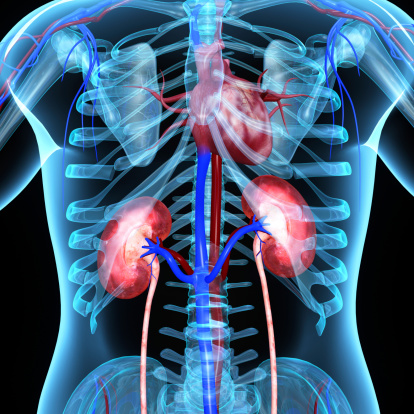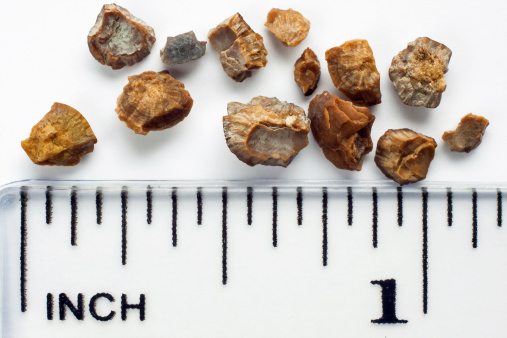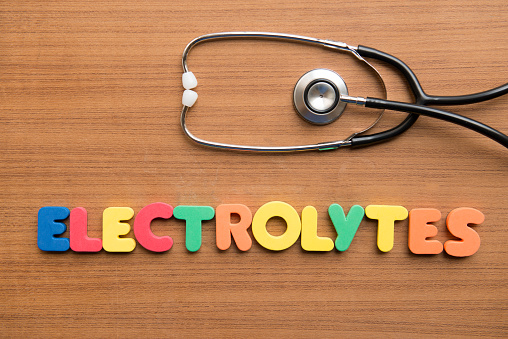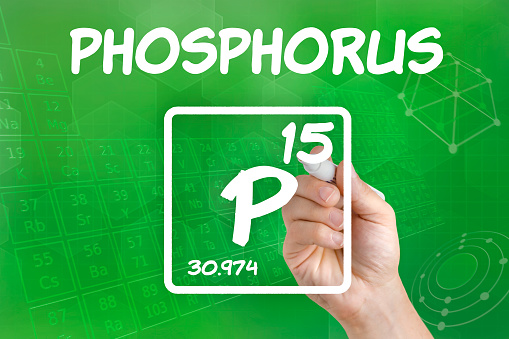Sleep deprivation and kidney disease, one increases risk for the other
Sleep deprivation and kidney disease have been found to increase the risk of each other. New research was conducted on women and found that those who slept five hours a night or less had a 65 percent higher risk of developing kidney disease. To complete the study researchers examined the sleep habits of thousands of ...click here to read more










